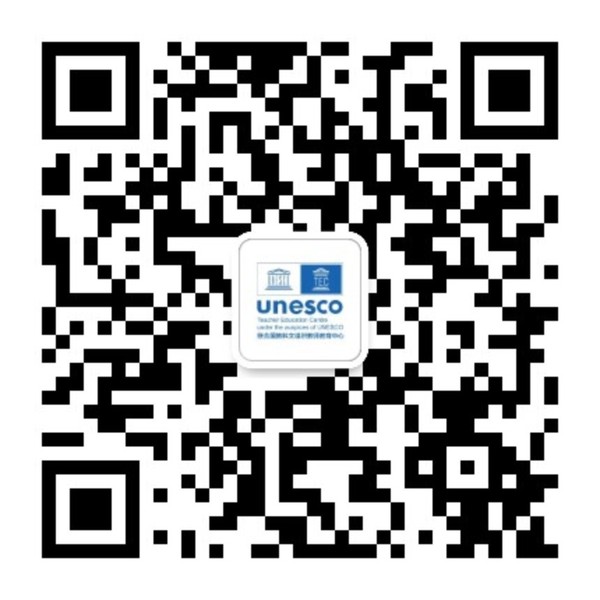In Latin America, youth employment rates (ages 14–24) remain persistently low. According to a 2025 International Labour Organisation (ILO) report, the region’s overall labour force participation rate stood at 62.6% in 2024, with nearly one-fifth of youth classified as NEET (Not in Education, Employment, or Training). Gender disparities are stark: male participation (74.6%) surpasses female participation (51.2%) by 23.4 percentage points, while 26% of young women fall into the NEET category.
Brazil mirrors these trends. In 2024, the country’s 14–24 age group numbered 34 million, including 4.62 million NEET youth. Women and Black youth, particularly Black girls, often forced to leave school or work due to caregiving responsibilities, comprise over half of this group. However, collaborative efforts between the Brazilian government and UNICEF have spurred gradual post-pandemic employment gains.
UNICEF’s “One Million Opportunities” (1MiO) Initiative
Launched in October 2020, UNICEF’s 1MiO Initiative mobilises governments, businesses, and civil society to provide vocational training, internships, and decent work opportunities for vulnerable youth aged 14–29. By 2023, the initiative had:
Engaged 2,000+ public/private institutions across 7 states.
Reached 2 million youth, creating 670,000 + education, apprenticeship, and job opportunities.
Offered 30+ free online courses to enhance employability.
The program aims to generate 1 million opportunities for marginalised youth by 2025.
Expanding Impact: National Policies and Programs
National Pact for Productive Inclusion of Youth
Co-led by UNICEF, Brazil’s Ministry of Labour, and the ILO, the Pacto Nacional pela Inclusão Produtiva das Juventudes unites seven sectors—governments, employers, NGOS, and youth organisations—to design inclusive policies. Key goals by 2030 include scaling vocational training and creating youth-friendly labour markets. Revitalised National Youth Inclusion Program (Projovem)Brazil’s Ministry of Education relaunched Projovem in 2024 to support youth aged 18–29 who lack basic education. Participants receive:
Courses in Portuguese, math, science, and history.
Vocational training, job-readiness workshops, and community engagement activities.
A monthly stipend of 100 BRL (with 75% attendance) and a completion certificate for further education.
A Path Forward
Brazil’s multi-stakeholder approach—prioritising education, skills, and systemic inclusion—offers a model for addressing youth employment barriers. As ILO data underscores, empowering marginalised groups like women and Black youth remains critical to reducing NEET rates and unlocking economic potential.
More details:
https://www.ilo.org/sites/default/files/2025-01/WESO25_Trends_EN_WEB5.pdf
https://www.pactopelasjuventudes.org/
https://www.gov.br/mec/pt-br/projovem
Sources: ILO; Ministry of Labour and Employment of Brazil; Ministry of Education of Brazil; 1MiO
Liu Yutian, Research Institute for International and Comparative Education, Shanghai Normal University




